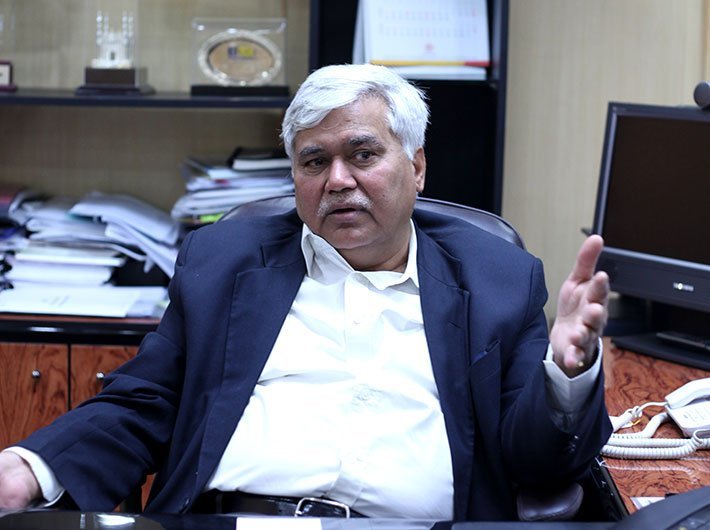The regulatory body releases consultation papers on free data, asks stakeholders to comment by June 16
The telecom regulatory authority of India (TRAI) has sought suggestions from stakeholders of the industry on offering free data while “avoiding the ingenuity that the differential tariff regulation is meant to prevent.”
TRAI on Thursday has floated its consulation paper on Free Data. The consultation process is open for the stakeholders till June 16.
The stakeholders are expected to suggest models that would “facilitate the un-connected and under-connected consumer to become better connected and should not allow any TSP or large company playing a gatekeeper or biased role. The model should use the principles of open, transparent and equal access to consumer services by all consumers and all businesses.”
TRAI has suggested not repeat a model similar to Facebook’s Free Basics. TRAI highlighted that no model should hold back “innovation and the opportunity to increase Internet penetration and usage.”
Earlier this year, TRAI had directed telecom operators to not to charge different data tariffs on the basis of content. It also directed operators to not enter into any agreement that bound them to prefer particular content on internet over other. The decision was intended to resolve the net neutrality debate that was sparked in the country after Facebook pitched in for its Free Basics, with an objective to connect the unconnected population in India. However, Free Basics was criticised as it proposed to provide a few select websites on internet for free to new internet users. Civil activists said Free Basics is unfair as it would only throttle competition in the market, and let new internet users to access only those websites that were handpicked for them by Facebook.
Meanwhile, TRAI has suggested a few models for the consideration of the stakeholders. First one is “Reward-to-consumers model”.
“In this reward based model, apps may provide rewards in the form of a recharge for data usage or for voice usage to the users,” TRAI said. “Rewards platforms that can enable any app/site to offer rewards for desired action or even mobile data rewards for everyday activities like paying electricity bill on time or checking out of the hotel on time etc.,” it explained further.
TRAI said that the model is similar to mCent, Gigato, Taskbucks, Ladoo, EarnTalktime, Pokkt, among others.
Second model that TRAI suggested was “don’t charge” or toll free API. The model, according to TRAI, is “prevalent in many developed markets, allowing free access to certain websites and applications.” “This helps the businesses make their service easily accessible without impacting the mobile bill of 6 the consumers. In this model, the TSP does not act as a gatekeeper and plays a passive role. The platform owner has a business interest to allow any and every content provider making the model neutral,” TRAI said in the consultation paper. “This model will work for mobile subscribers who have zero-balance as the subscribers are not being charged so they don’t need balance vs. a reward model that requires an action before the reward thereby excluding the mobile users who have low or zero balance,” it added.
Third and last model suggested by the regulatory body is the direct money transfer approach similar to the subsidy payment, “wherein the user pays for the connection like any other normal connection, and then the oil company/government pays the subsidy directly into his/her bank account.”
“This model, deployed through a TSP agnostic platform, offers similar benefits as the first two models. However, just like in Toll Free Model, the Platform owner not only measure the real time data consumption but also the tariff that is being applied to each individual user and incurred by the user reimburse/recharge actual amount in the form of a recharge for data usage or for voice usage to the user,” TRAI noted.
Questions raised by TRAI on free data, for the stakeholders are:
Question 1: Is there a need to have TSP agnostic platform to provide free data or suitable reimbursement to users, without violating the principles of Differential Pricing for Data laid down in TRAI Regulation? Please suggest the most suitable model to achieve the objective.
Question 2: Whether such platforms need to be regulated by the TRAI or market be allowed to develop these platforms?
Question 3: Whether free data or suitable reimbursement to users should be limited to mobile data users only or could it be extended through technical means to subscribers of fixed line broadband or leased line?
Question 4: Any other issue related to the matter of Consultation.
